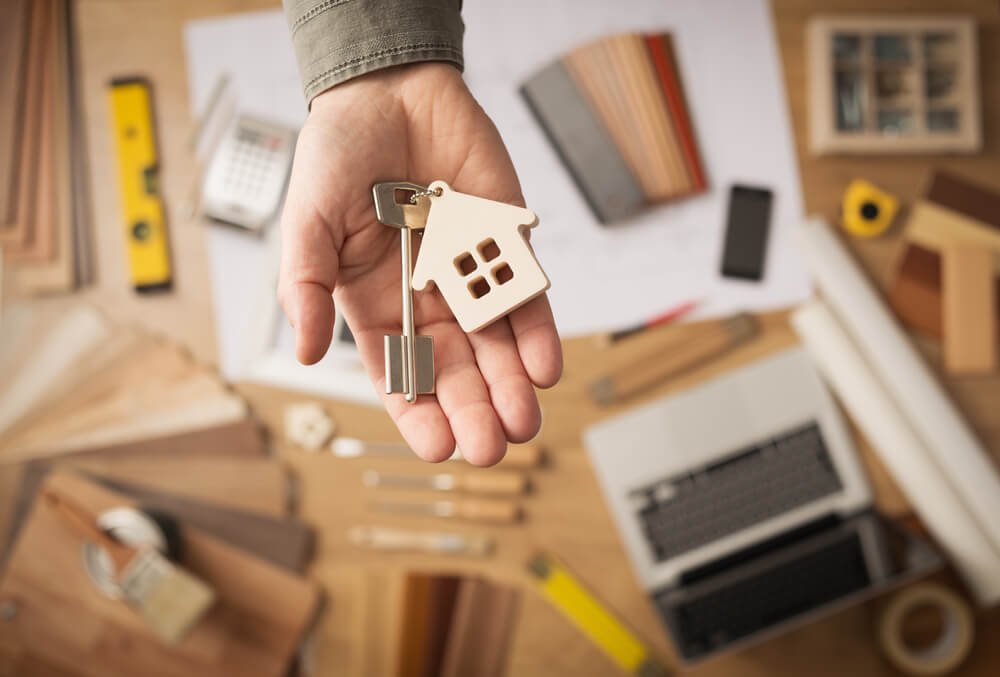A major life stepping stone, purchasing your own home is an investment in your future. While most of us have this goal in mind as we live in rented spaces, making the purchase requires an abundance of preparation. Not only must you find the perfect space to suit your needs, you must also qualify to buy it.
Your credit score is an indicator of your financial responsibility; the higher the score, the easier it is to make significant purchases such as home or auto. If you have a low credit score, whether you are just starting out with building your credit or have taken a few financial hardships, it is still possible for you to be a homeowner. Rivington Mortgages, which provides mortgages in Bolton, has provided some details about the steps to take.
When Should You Check Your Credit?
Forbes reveals that over half of Americans would not be able to tell you their credit score right off the bat. If you fall into this category, there is good news: checking your score is as simple as clicking a button.
Aside from free credit report websites that are easily accessible to all, plenty of bank institutions and credit card companies are also starting to provide this service now. While the ease of convenience is present, keep in mind that most times when you run your score repeatedly, it takes a minor deduction from it. Under federal law, there is an allowance of one time per year that you are able to check your score without personal impact.
For this reason, when you are serious about purchasing a home, run your score once to see where you stand. From there, you will be able to determine how much more work must be done before applying for that mortgage.
Having knowledge of your credit score will give you a basic guideline of what to expect. Your number not only impacts your ability to qualify for a home purchase, but also the bracket of fees and extra expenses that you will fall into.
Once you have your credit report, be sure to scan it for any errors or inaccuracies. Being vigilant about these details could save you a lot of time and money in the long run. If you notice anything suspicious, report it right away.
Is It Possible to Buy a Home With Bad Credit?
For most people, the home loan option is going to be the most realistic, especially for those with less than perfect credit. According to FHA.com, a score of around 580 is enough to qualify you for a 3.5% down payment; that is considered a below average score. If your score is any lower, you may still qualify, but at a higher down payment rate (10%+).
When you take out any type of loan, be wary of the interest rates attached. As FHA states, they usually provide lower rates for those who can only afford a minimal down payment. Still, it is something that adds up over time and should be carefully considered.
Another concern some homebuyers have is the impact of a bankruptcy or a foreclosure. If you have experienced either one, this does not necessarily mean that you will be excluded from qualifying for a loan.
FHA has other requirements, such as rebuilding your credit, proving your payments are made on time, and meeting the minimum or above on your credit cards to prove that you can handle the financial responsibility.
How Do You Build Your Credit?
If you qualify for a home loan with a high down payment rate, you might want to reconsider investing your time and money into fixing your credit score first. NerdWallet suggests the following tips to make a higher score possible:
If you are starting from the very beginning and have no credit, apply for a secured credit card. A secured card works by a cash deposit that you provide upfront, therefore providing a foolproof way for you to build your credit without worrying about racking up debt.
To obtain a regular credit card that provides you with a set limit to use and no upfront deposit, consider a co-signer. Someone you trust with an already established score can help you to boost yours.
Maintain good financial habits. Always make your card payments on time, pay more than the minimum amount required, and try to keep your credit utilization amount below 30%.
Become an authorized user on someone else’s line of credit. This allows you to build your credit without being legally responsible for paying the balance. Not all cards report authorized user activity to the credit bureaus, so double check if the card you are considering will.
Try not to open too many new credit accounts at a single time. Having too many newer accounts can actually impact your score negatively. You will get more benefits by utilizing one or a few older accounts, rather than trying to pile on the new ones.



